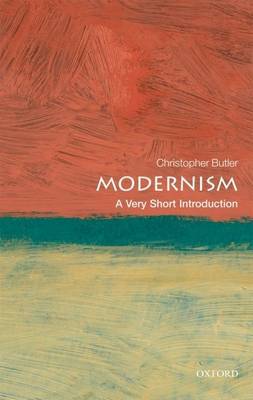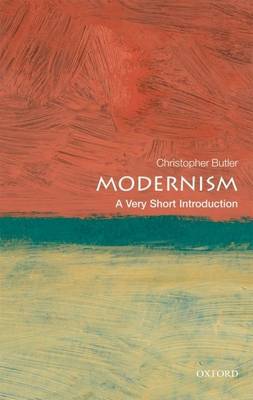
En raison d'une grêve chez bpost, votre commande pourrait être retardée. Vous avez besoin d’un livre rapidement ? Nos magasins vous accueillent à bras ouverts !
- Retrait gratuit dans votre magasin Club
- 7.000.000 titres dans notre catalogue
- Payer en toute sécurité
- Toujours un magasin près de chez vous
En raison de la grêve chez bpost, votre commande pourrait être retardée. Vous avez besoin d’un livre rapidement ? Nos magasins vous accueillent à bras ouverts !
- Retrait gratuit dans votre magasin Club
- 7.000.0000 titres dans notre catalogue
- Payer en toute sécurité
- Toujours un magasin près de chez vous
Description
Modernism ushered in some of the most exciting innovations in art and literature, from Fauvism, Cubism, and Dada, to the novels of James Joyce and Franz Kafka, to such provocative works as Marcel Duchamp's "Fountain." But Modernism also left many people puzzled in its wake. How can a routine bathroom fixture be considered a work of art? Shouldn't a novel have a beginning, a middle, and an end--or at least a story? In this Very Short Introduction, Christopher Butler provides a coherent account of Modernism across various aesthetic and cultural fields. Butler examines how and why Modernism began, explaining what it is and showing how virtually all aspects of 20th and 21st century life have been influenced by its aesthetic legacy. Butler considers several aspects of modernism, including some classic modernist works, movements and notions of the avant garde, and the idea of "progress" in art. Finally, Butler sheds light on modernist ideas of the self, subjectivity, irrationalism, people and machines, and the political dimensions of modernism as a whole. About the Series: Combining authority with wit, accessibility, and style, Very Short Introductions offer an introduction to some of life's most interesting topics. Written by experts for the newcomer, they demonstrate the finest contemporary thinking about the central problems and issues in hundreds of key topics, from philosophy to Freud, quantum theory to Islam.
Spécifications
Parties prenantes
- Auteur(s) :
- Editeur:
Contenu
- Nombre de pages :
- 144
- Langue:
- Anglais
- Collection :
Caractéristiques
- EAN:
- 9780192804419
- Date de parution :
- 03-09-10
- Format:
- Livre broché
- Format numérique:
- Trade paperback (VS)
- Dimensions :
- 104 mm x 168 mm
- Poids :
- 113 g

Les avis
Nous publions uniquement les avis qui respectent les conditions requises. Consultez nos conditions pour les avis.






